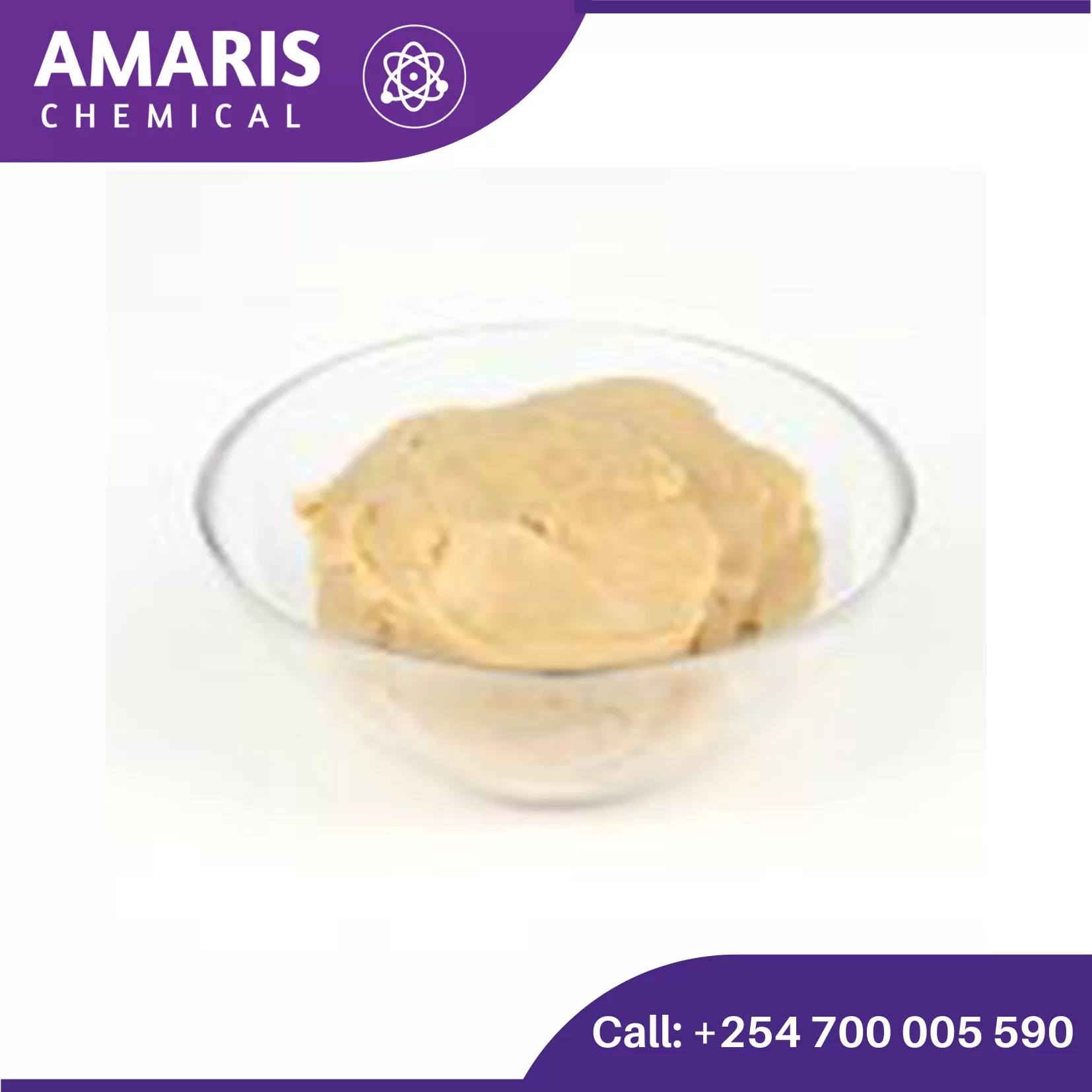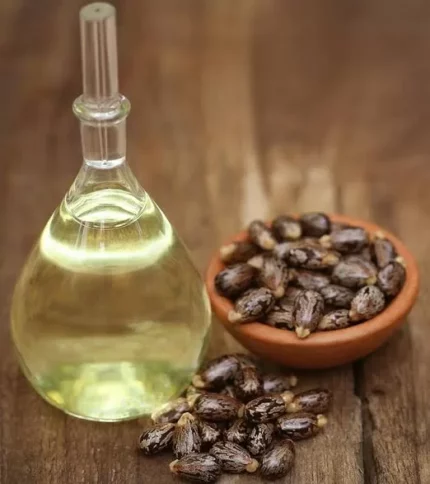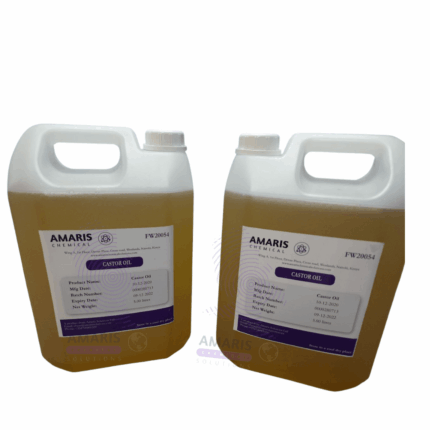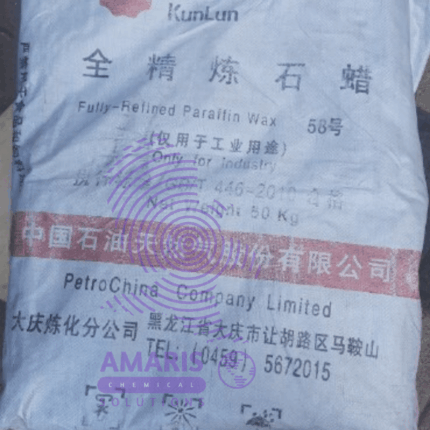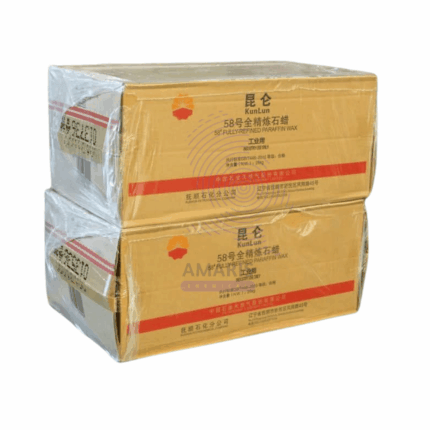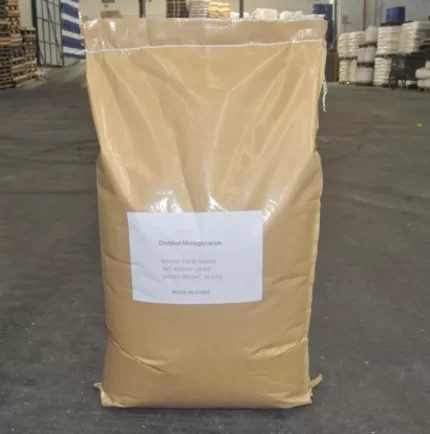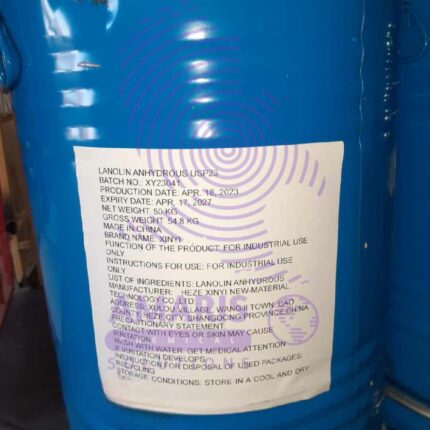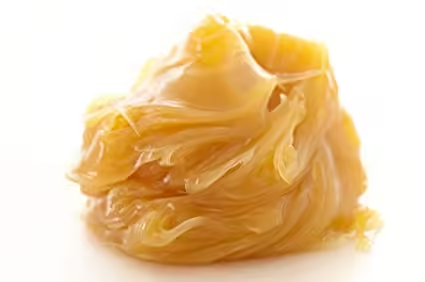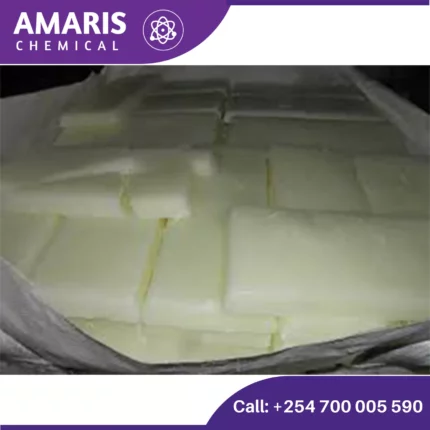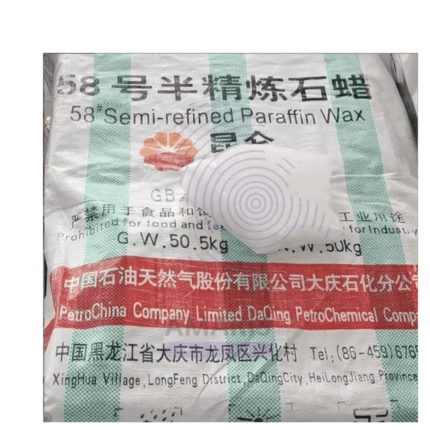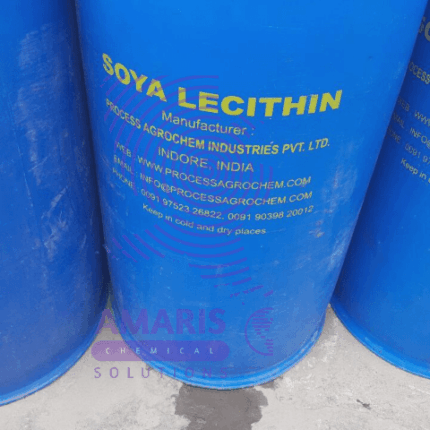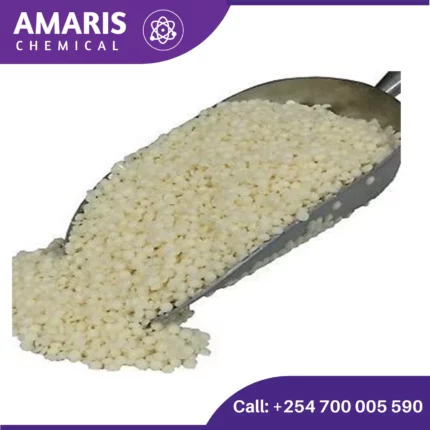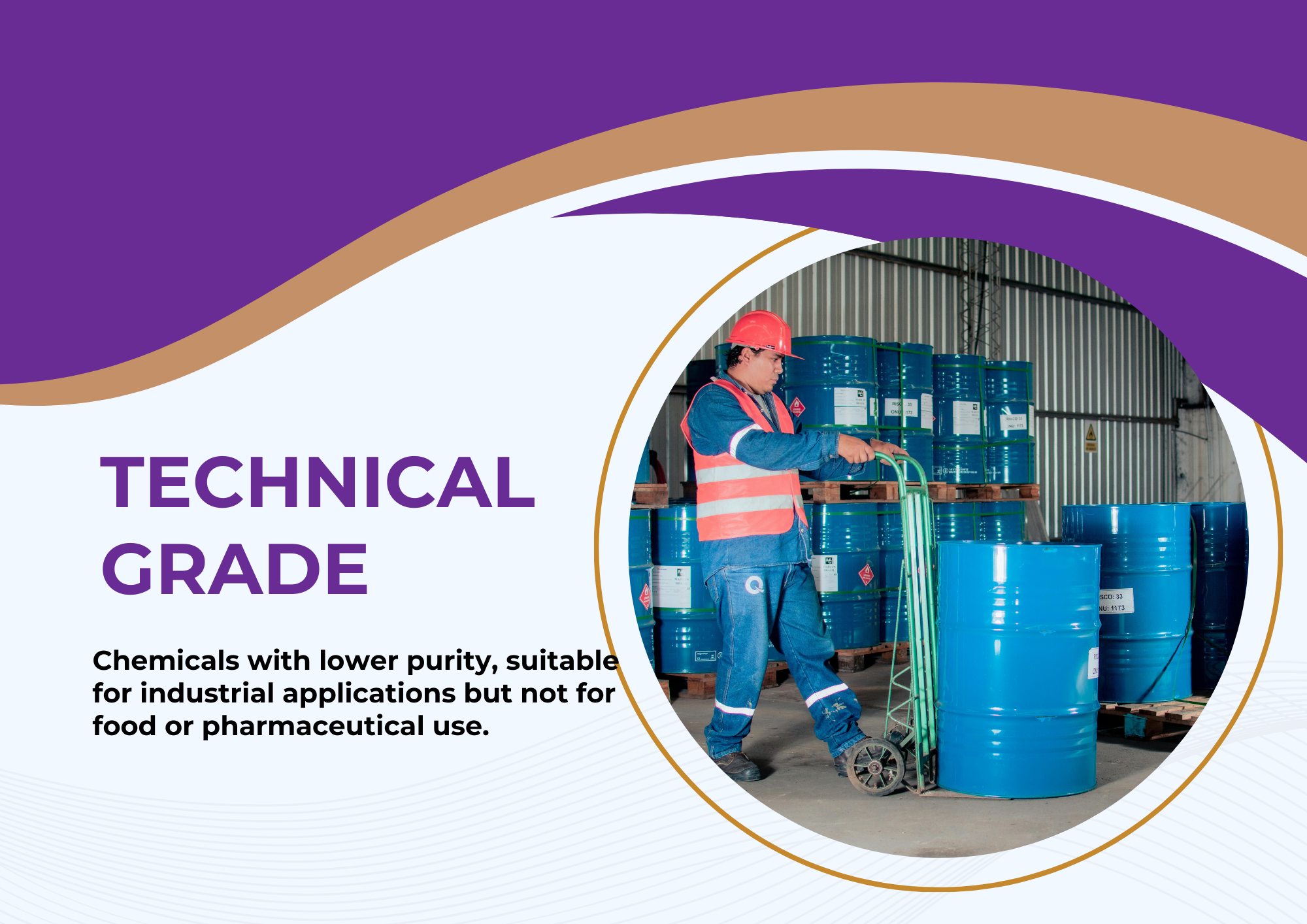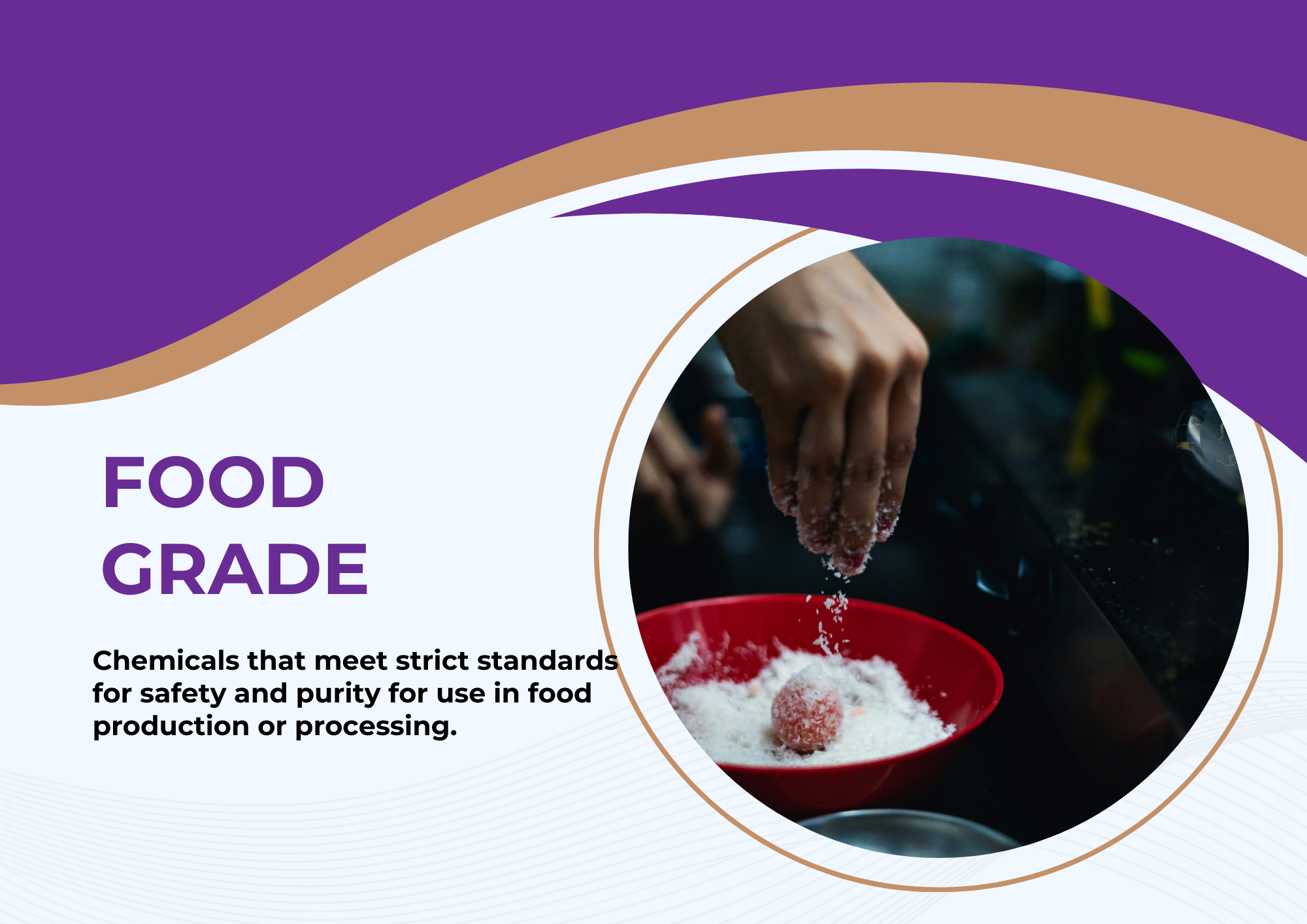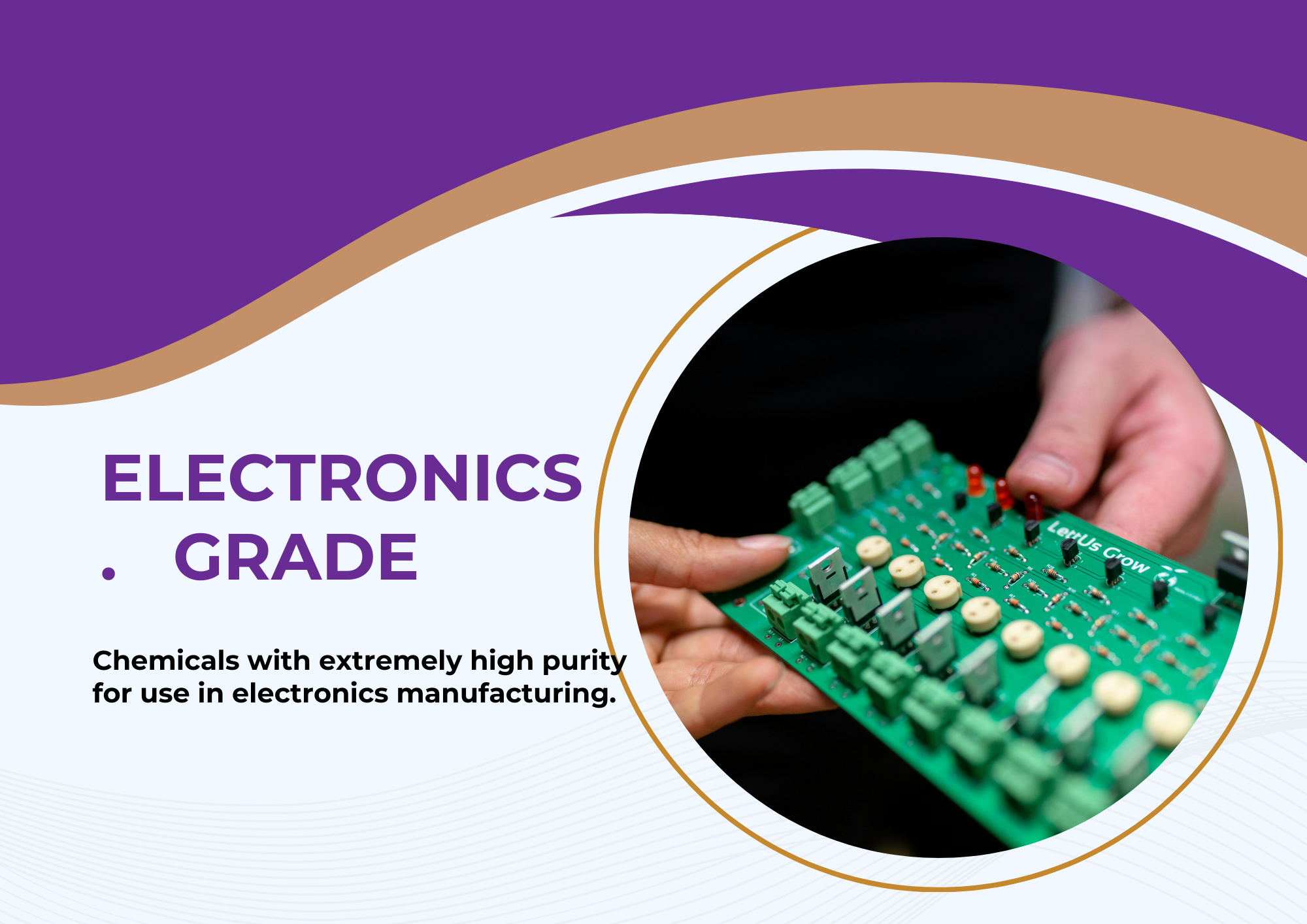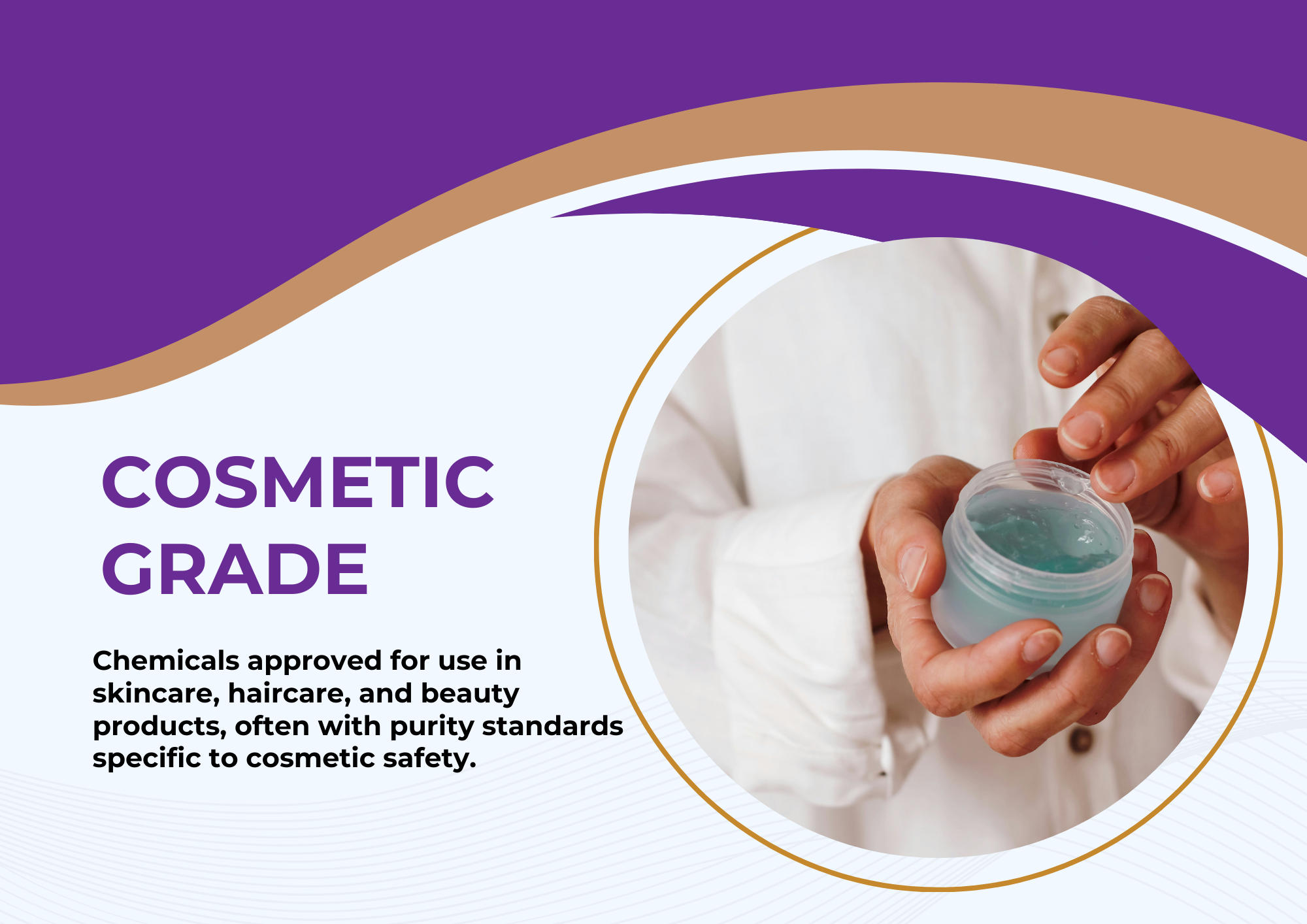“Cetyl alcohol” has been added to your cart. View cart
“Cetyl alcohol” has been added to your cart. View cart
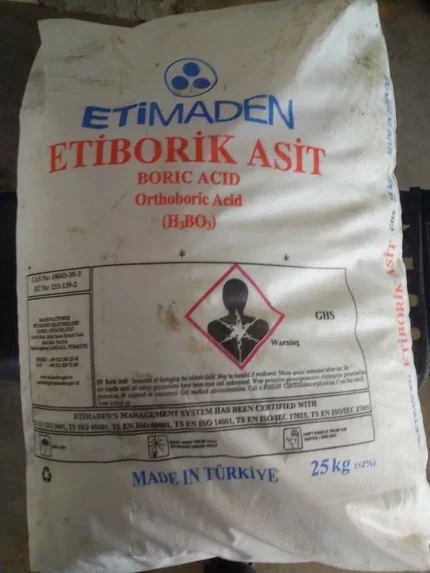
Boric Acid 25kg
KSh9,800.00 Original price was: KSh9,800.00.KSh8,900.00Current price is: KSh8,900.00.
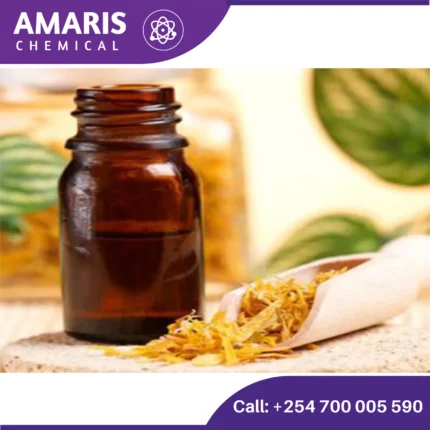
Infused Essential oils
KSh0.01
Coffee Butter
KSh0.01
Coffee butter is a creamy, spreadable substance made from coffee beans or coffee oil that resembles traditional butter in texture and consistency. It is typically produced by combining coffee extract or coffee-infused oil with a solid fat, such as coconut oil or cocoa butter, through a process called emulsification. The resulting coffee butter often retains the aroma and flavor of coffee, making it a popular ingredient in culinary applications and beauty products. It can be used as a spread, added to baked goods, incorporated into desserts, or utilized in skincare formulations for its potential moisturizing and antioxidant properties.
SKU:
ACS61962CHEM0
Category: Emollients
Description
Uses of Coffee butter
- Culinary Uses:
- Spread: Coffee butter can be used as a spread on toast, bagels, or pastries, providing a rich and aromatic coffee flavor.
- Baking: It can be used as an ingredient in various baked goods like cookies, cakes, brownies, or muffins to add a distinct coffee taste.
- Topping: Coffee butter can be melted and drizzled over desserts like ice cream, pancakes, waffles, or French toast.
- Coffee flavoring: It can be added to beverages like hot chocolate, smoothies, or milkshakes to enhance the coffee flavor.
- Cosmetic Uses:
- Skincare: Coffee butter is used in skincare products like moisturizers, body butters, and lip balms due to its potential moisturizing and antioxidant properties.
- Haircare: It can be found in haircare products such as conditioners or hair masks to provide nourishment and hydration to the hair.
- Massage: Coffee butter is used in massage products due to its smooth texture and coffee aroma, which can enhance the relaxation experience.
- Lip Care: It is commonly used in lip balms or lip scrubs to moisturize and soften the lips while providing a subtle coffee scent.
Shipping & Delivery
Related products
Castor Oil Food Grade
Fully Refined Paraffin Wax 50 kg
Fully refined paraffin wax is a type of wax that has undergone a refining process to remove impurities and unwanted components. It is a white, odorless, and tasteless wax that is solid at room temperature and has a relatively low melting point.
The refining process involves several steps, including solvent extraction, deoiling, and bleaching. Solvent extraction involves dissolving the crude wax in a solvent, which separates the wax from other components such as oil and grease. Deoiling involves removing any remaining oil and grease from the wax through vacuum distillation. Bleaching involves removing any remaining color or odor from the wax through the use of chemical agents.
Fully refined paraffin wax is commonly used in a variety of applications, including candle making, coating materials, packaging, and cosmetics. Its properties, such as its low melting point and ability to retain fragrance and color, make it a popular choice in these industries
Glycerol Monostearate (GMS)
Lanolin Anhydrous 50kg
Lanolin Anhydrous USP refers to a high-quality, refined, and purified substance derived from the natural waxy secretion of sheep's wool. It is processed to remove impurities, water, and other components, resulting in a pure form of lanolin. Lanolin itself is a complex mixture of esters, alcohols, and fatty acids, and the anhydrous USP grade ensures it contains minimal to no water content. This refined lanolin is commonly used in various cosmetic and pharmaceutical products for its emollient, moisturizing, and protective properties, serving as a skin-conditioning agent and helping to soothe and hydrate the skin
Semi Refined Paraffin wax
Soya Lecithin
Soya lecithin is a natural substance derived from soybeans that is commonly used as an emulsifier, stabilizer, and dispersant in food products, pharmaceuticals, and other industrial applications. It is composed of a mixture of phospholipids, including phosphatidylcholine, phosphatidylethanolamine, and phosphatidylinositol, which have unique properties that make them useful in a wide range of applications. Soya lecithin is typically extracted from soybean oil and is often added to foods as an ingredient to improve texture, increase shelf life, or facilitate the mixing of ingredients that would otherwise not blend together.
Soya wax
Soy wax is a natural alternative to traditional paraffin wax, made from soybeans. It's becoming increasingly popular in candle making due to its renewable and biodegradable nature. Soy wax burns cleaner and slower than paraffin wax, emitting less soot and lasting longer. It's also non-toxic, making it a healthier option for both the environment and indoor air quality. Many people appreciate soy wax candles for their eco-friendliness and the fact that they support agricultural sustainability. Additionally, soy wax can hold fragrance oils well, providing a pleasant scent experience.
Stearic Acid (Triple Pressed) 25kg
Stearic acid is a saturated fatty acid with the chemical formula C18H36O2. It is a solid, waxy substance that is odorless and tasteless. Stearic acid is commonly found in natural fats and oils, such as animal fats (beef, pork, and chicken) and vegetable oils (such as coconut oil, palm oil, and shea butter).
Stearic acid is widely used in various industries and applications. In the food industry, it serves as a food additive and is commonly used as a thickener, emulsifier, and stabilizer. It can be found in a variety of food products, including baked goods, confectionery, margarine, and chocolate.
Outside of the food industry, stearic acid has many applications. It is used in the production of candles, cosmetics, soaps, detergents, and lubricants. It is also utilized as a coating for pills and tablets in the pharmaceutical industry.
From a chemical perspective, stearic acid belongs to the class of fatty acids, which are long-chain carboxylic acids. It is called a saturated fatty acid because its carbon chain is fully saturated with hydrogen atoms, meaning it does not contain any carbon-carbon double bonds. This saturation gives stearic acid its solid form at room temperature and makes it less prone to rancidity compared to unsaturated fats.
Overall, stearic acid is a versatile compound with various industrial applications, primarily as a thickener, emulsifier, stabilizer, and lubricant.

